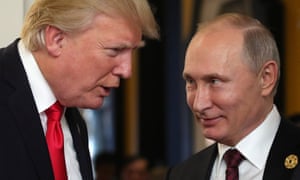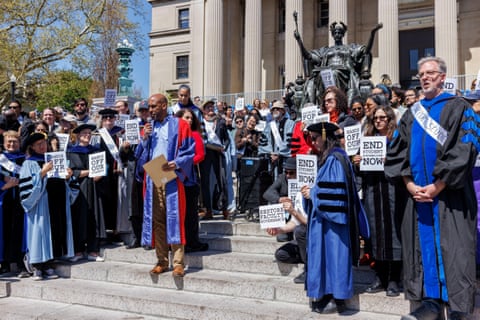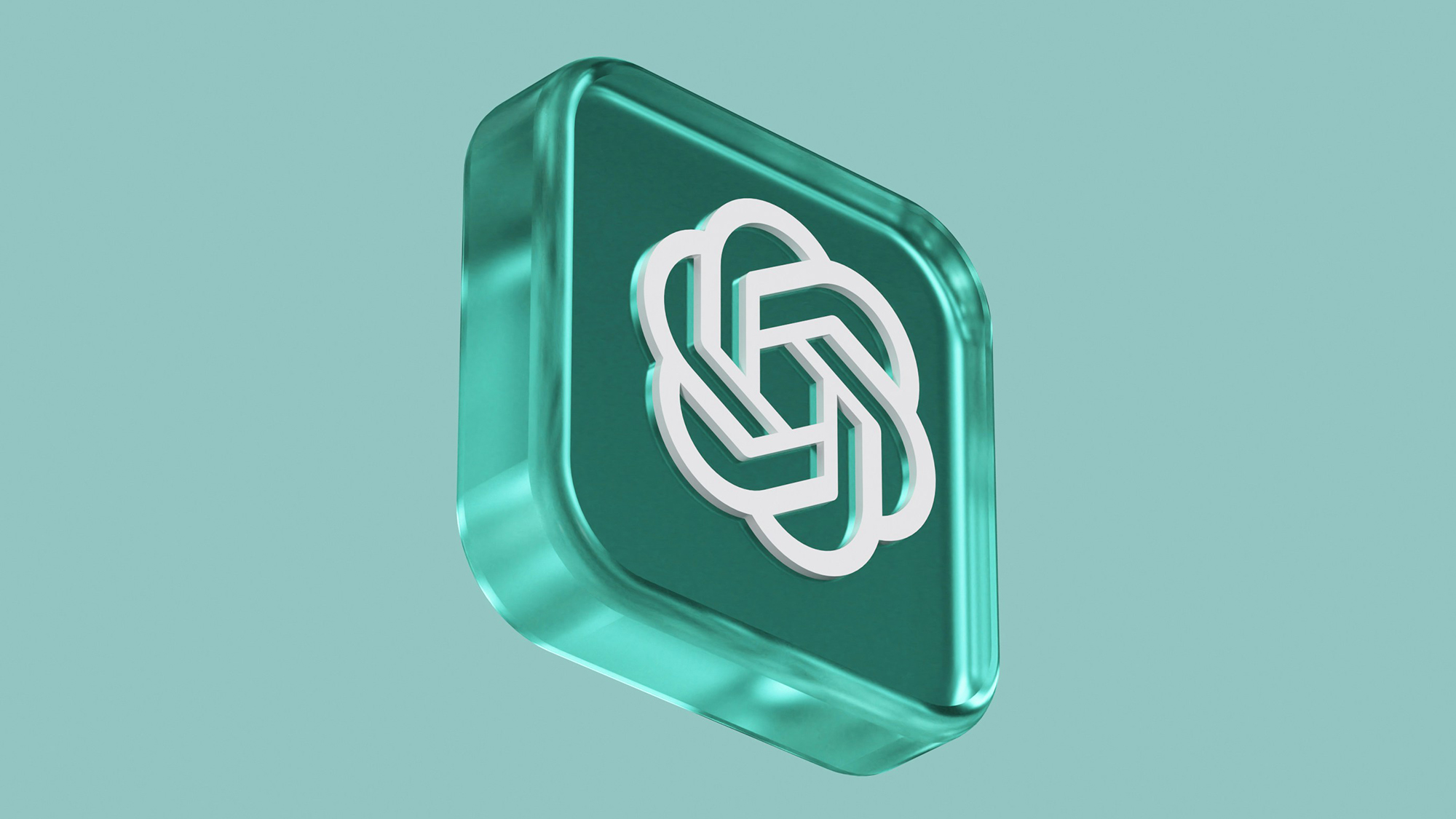
In September, Steele went back to Rome. There he met with an FBI team. Their response was one of shock and horror, Steele said. The bureau asked him to explain how he had compiled his reports, and to give background on his sources. It asked him to send future copies.
Steele had hoped for a thorough and decisive FBI investigation. Instead, it moved cautiously. The agency told him that it couldnt intervene or go public with material involving a presidential candidate. Then it went silent. Steeles frustrations grew.
Later that month, Steele had a series of off-the-record meetings with a small number of US journalists. They included the New York Times, the Washington Post, Yahoo! News, the New Yorker and CNN. In mid-October he visited New York and met with reporters again.
Comey then announced he was reopening an investigation into Clintons use of a private email server. At this point, Steeles relationship with the FBI broke down. The excuse given by the bureau for saying nothing about Trump looked bogus. In late October, Steele spoke to the Mother Jones editor David Corn via Skype.
The story was of huge significance, way above party politics, Steele said. He believed Trumps Republican colleagues should be aware of this stuff as well. Of his own reputation, Steele said: My track record as a professional is second to no one. Steele acknowledged that his memos were works in progress, and was genuinely worried about the implications of the allegations. The story has to come out, he told Corn.
At this point Steele was still anonymous, a ghost. But the ghosts message was rapidly circulating on Capitol Hill and inside Washingtons spy agencies, as well as among certain journalists and thinktanks. Democratic senators now apprised of Steeles work were growing exasperated. The FBI seemed unduly keen to trash Clintons reputation while sitting on explosive material concerning Trump.
One of those who was aware of the dossiers broad allegations was the Senate minority leader, Harry Reid, a Democrat. In August Reid, had written to Comey and asked for an inquiry into the connections between the Russian government and Donald Trumps presidential campaign. In October, Reid wrote to Comey again. This time he framed his inquiry in scathing terms. In a clear reference to Steele, Reid wrote: In my communications with you and other top officials in the national security community, it has become clear that you possess explosive information about close ties and coordination between Donald Trump, his top advisors and the Russian government The public has a right to know this information.
But all this frantic activity came to nought. Just as Nixon was re-elected during the early stages of Watergate, Trump won the presidential election, to general dismay, at a time when the Russia scandal was small but growing. Steele had found prima facie evidence of a conspiracy, but by and large the US public knew nothing about it. In November, his dossier began circulating in the top national security echelons of the Obama administration. But it was too late.
The same month a group of international experts gathered in Halifax on Canadas eastern seaboard. Their task: to make sense of the world in the aftermath of Trumps stunning victory. One of the delegates attending the Halifax International Security Forum was Senator John McCain. Another was Sir Andrew Wood, the UKs former ambassador to Russia. Wood was a friend of Steeles and an Orbis associate. Before the election, Steele had gone to Wood and shown him the dossier. He wanted the ambassadors advice. What should he do, or not do, with it? Of the dossier, Wood told me: I took it seriously.
On the margins of the Halifax conference, Wood briefed McCain about Steeles dossier its contents, if true
Read more: http://www.theguardian.com/us



